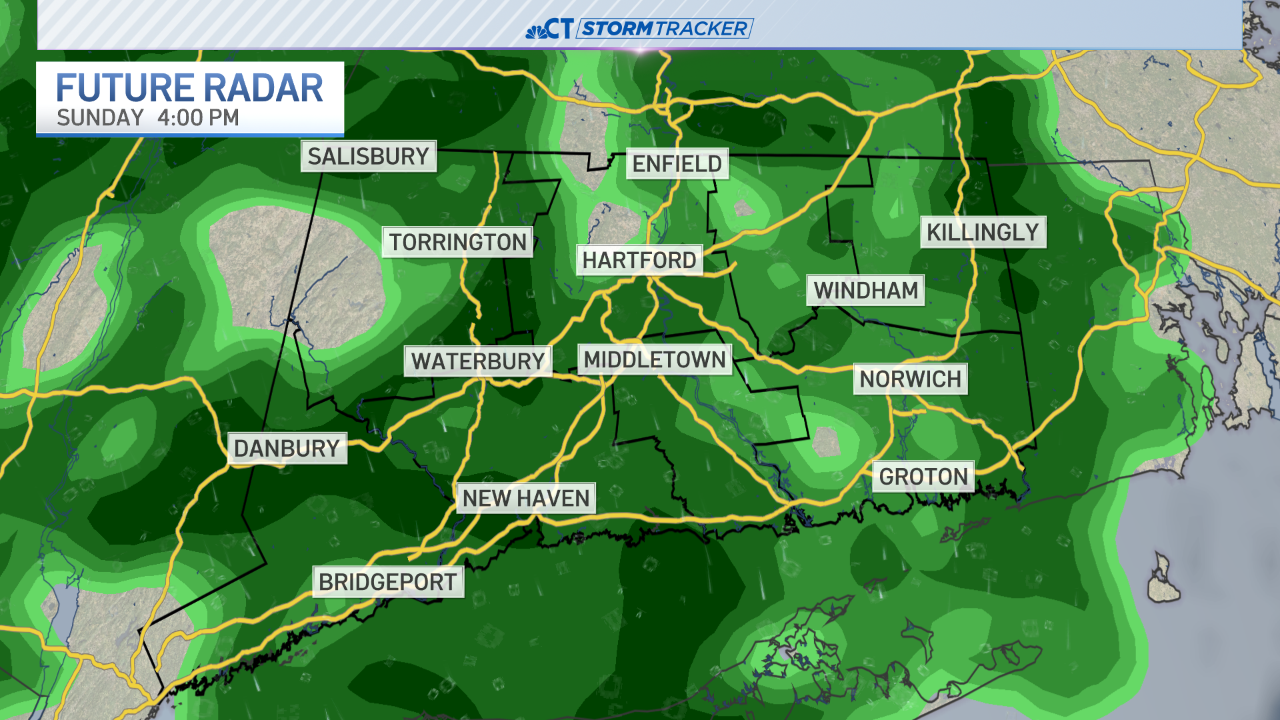“I guess it’s kind of sad to know that in order for people to make good choices, they have to be forced to,” said Hartford’s Sara McCloud.
When it comes to drunk driving, your car may soon have a say in what choice you make.
“In the federal infrastructure law, there’s a provision that is going to require all new motor vehicles sold in the United States after 2027 to have what’s called in-vehicle alcohol detection,” said CT Department of Transportation spokesperson Josh Morgan.
The DOT is working with the Driver Alcohol Detection System for Safety Research Program (DADSS) to test new technology through a federally funded pilot program.
Get Connecticut local news, weather forecasts and entertainment stories to your inbox. Sign up for NBC Connecticut newsletters.
“That’s just to get some real-world applications to see how these sensors work and make sure that they’re responding appropriately,” Morgan said.
Different states are test different versions of alcohol-detection technology. Connecticut's pilot program will gather and share data with the Massachusetts-based manufacturer so they can best meet federal mandates in the coming years.
“In our DOT commissioner’s vehicle, and what we’ll have in four DOT trucks in 2024, is a sensor that’s in the steering column which will pick up a person’s normal breathing, their exhaled breath being able to run the calculation,” Morgan said.
Morgan called it a passive system. The driver does not have to actively blow into a breathalyzer. Instead, the car will automatically test the driver’s blood alcohol concentration level. If the operator is at or above the legal limit of .08, the car will not turn on.
“I think that’s a great idea. I mean there are a lot of people that are getting in the car that shouldn’t be,” said West Hartford’s Michelle Ficaro.
But not everyone is sold.
“I understand they want to keep people safe, everyone wants to be safe, but I think it’s a matter of personal responsibility. That’s where it has to start,” said Durham’s Ed Manjuck.
According to the DOT, Connecticut is among the top three worst states when it comes to drunk driving deaths, with nearly 40% of fatal crashes involving alcohol compared to 30% nationwide.
Stephanie Manning of Mothers Against Drunk Driving said she and the organization support the effort and DADSS research. She said she hopes the alcohol-detection technology can someday work with pre-existing safety features to address impaired driving situations that may occur after the engine turns on.
“If your car knows that you’re about to be in a crash, it can tell that your risk has been elevated and then it can take some sort of action to prevent that crash and save your life and other lives around you, then that’s where we want to see this go,” Manning said.



